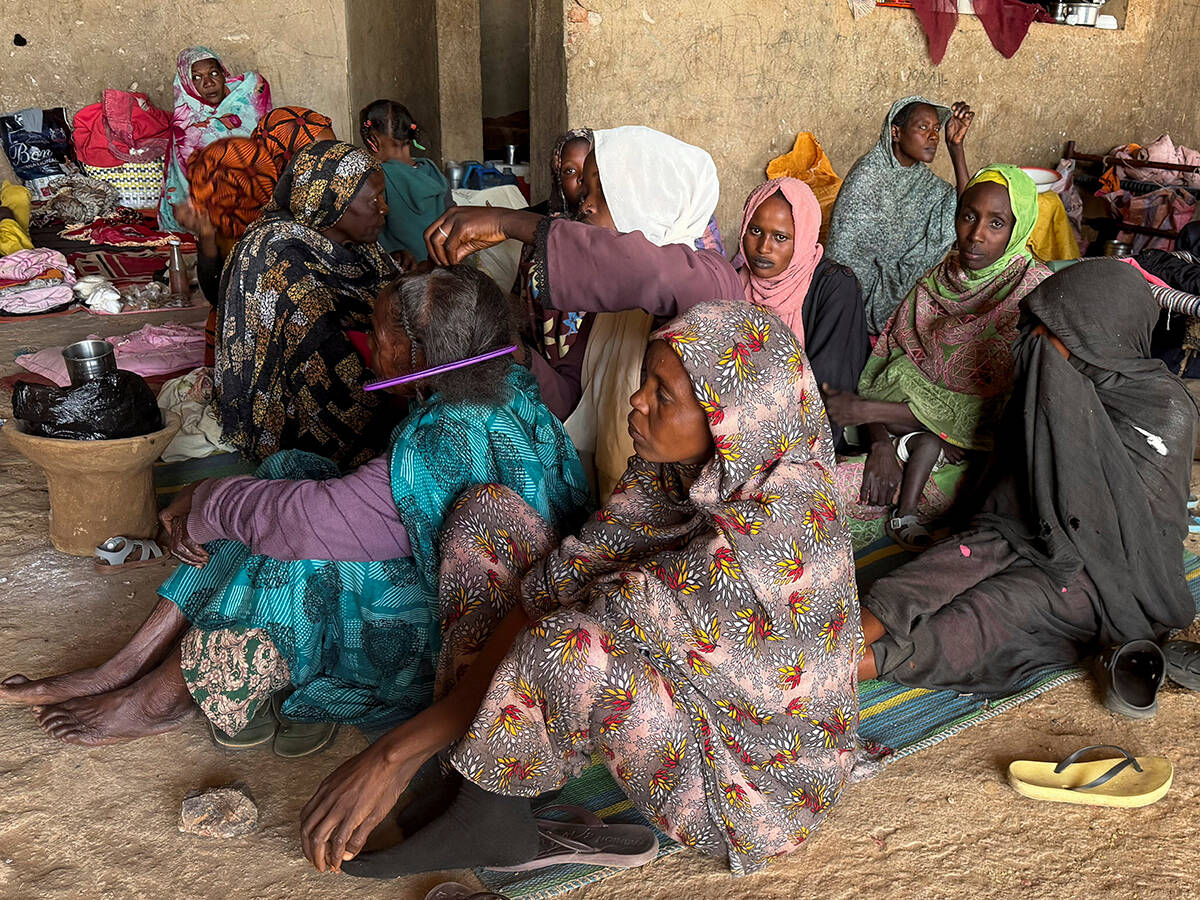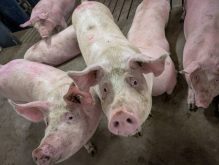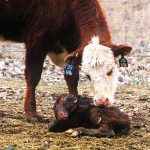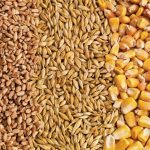Manitoba Pork chair George Matheson will retire from his role after leading the organization through challenges like PED, chronic low prices, and the beginning of the COVID-19 pandemic.
“There’s never a shortage of challenges in the pig business in Manitoba, that’s for sure,” said Matheson.
Matheson stepped into the role in 2015 after almost a decade on Manitoba Pork’s board of directors.
Read Also

Global humanitarian aid slashed by one-third
Humanitarian aid around the world was cut by a third in 2025 and Canada is one of the culprits.
“George is a servant leader. He will be missed,” said Margaret Rempel, director with Manitoba Pork. “As chair of MPC, George cared. He cared enough to listen carefully, and he brought years of wisdom to the discerning process of which options to pursue on any particular issue.”
Matheson farms with his brother near Stonewall — a farm he took over from his father in 1982. His father raised grain and cattle.
“Which is really a pretty poor reason, but it all worked out for me,” he said.
Matheson added hogs a few years after he took over the farm. He saw Hutterite colonies were raising hogs and seemed prosperous.
In those days, Matheson raised crops and produced 1,000 weanlings a year, he said in a 2014 Manitoba Farmers’ Voice (KAP magazine) article. There were many more producers at the time, Matheson told KAP.
The hog crash of 1998 would change that, the 2014 article says. At the time, Matheson said he had downsized, stopped farrowing and was buying weanlings to raise to finish — that year, 400 hogs.
“By today’s standards, it would be considered a small farm and that’s the way I like it,” Matheson told the Co-operator.
Since he entered the industry, the composition has changed a lot, Matheson said. It’s gone from about 3,000 farmers producing about a million hogs to only 300 producers raising eight million hogs, Matheson said. Today, vertically integrated processors produce 40 per cent of Manitoba’s hogs.
In 1997 Matheson’s neighbour stepped down from his role as a delegate to the Manitoba Pork Council, and Matheson put his name forward.
“It took some thought and some reflection, but as these opportunities arose I continued to put my name forward,” Matheson said.
When Matheson became chair in 2015, he told the Co-operator, “I would like to think that everything that can go wrong has gone wrong… but I know that’s not going to be the case.”
At the time, provincial restrictions had essentially frozen hog barn construction, and the industry faced aging infrastructure.
“It took almost 10 years of hard work by Manitoba Pork, and a change in governments, to get that reversed,” said Matheson.
The province tabled Bill 24, which proposed changes to hog regulation, in 2017. Matheson appeared before a legislative committee to argue for the removal of the restrictions. The law would receive royal assent in November 2017.
Manitoba Pork then established the Swine Infrastructure Development Corporation to help producers through the complex task of building new barns.
Matheson also led the organization as producers faced the threat of porcine epidemic diarrhea (PED). Manitoba’s first case came in the southeast in 2014. The disease is potentially devastating, particularly among suckling pigs.
Producers, Manitoba Pork and provincial veterinary staff would fight to contain the disease until 2021. In February, Manitoba Pork announced that all 192 premises that had previously tested positive for the disease had achieved “presumptive negative” status.
“George always reminded us that our relationship with the provincial veterinarian’s office and staff was vital,” said Rempel. “He encouraged our board to reallocate some funds to the ongoing research toward such efforts as trying to find out if the handling of hog manure was contributing to the spread of the disease or not, how long the virus remained viable in manure lagoons, and so on.”
Processing plant shutdowns due to COVID-19 cases in early 2020 sent hog prices plunging. Producers saw finished pork prices soar while farm gate prices fell. Producer groups renewed calls for changes to the hog-pricing formula, including the idea of disconnecting Canadian hog pricing from U.S. prices.
Matheson said he’s hopeful that a coalition of western Canadian producers would bring about more equitable pricing.
After leaving Manitoba Pork, Matheson plans to join his daughter-in-law in a business direct marketing pork from his farm. They’re 40 minutes from a market of 700,000 people, Matheson said.
“Just maybe in a couple of generations or so, we’ll give Maple Leaf and HyLife a run for their money,” he joked. “It’s going to take some time.”
Manitoba Pork directors will elect a new chair following the organization’s annual general meeting on April 14.


















